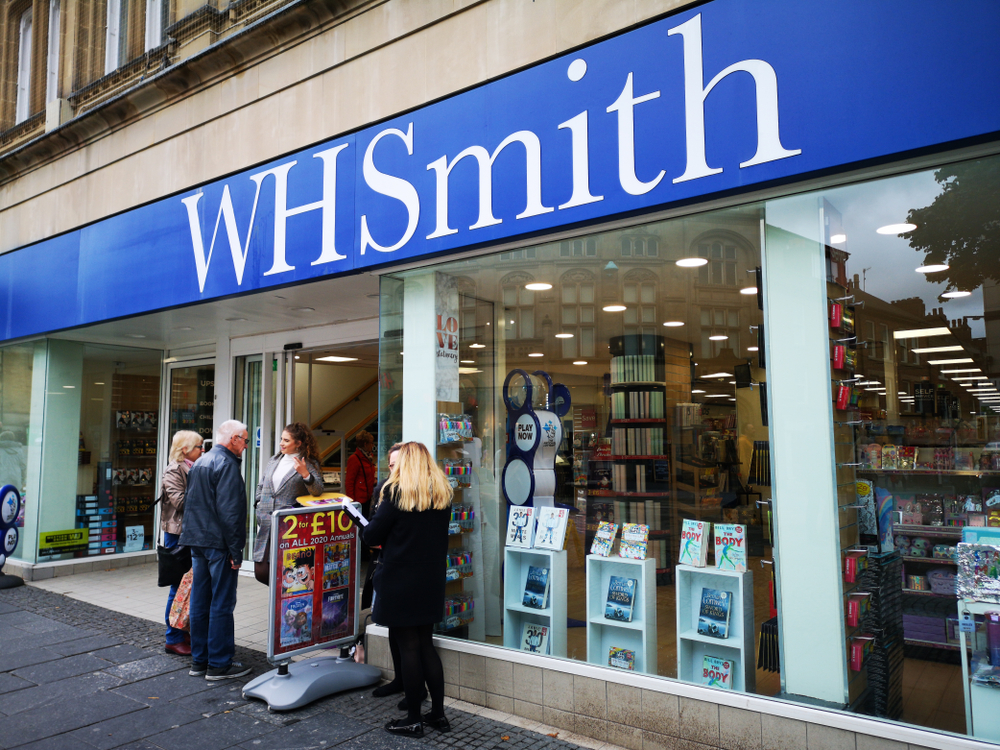Inflation in the UK exceeded all predictions in December, as the underperforming sterling continues to take its toll on shop prices.
New figures from the Office of National Statistics (ONS) have revealed that inflation last month hit its highest point since July 2014, topping 1.6 per cent, with food prices being one of the biggest contributors.
Analysts had predicted that December would see the Consumer Price Index (CPI), which measures inflation, rise by 1.4 per cent, up from 1.2 per cent in November.
The rising cost of raw materials pushed up prices, leaving the factory according to the Produce Price Index, which rose 2.7 per cent in the same period. This marks the start of manufacturers passing on the higher input costs, pushing up shelf prices.
READ MORE: Inflation has arrived
A separate measure called the Retail Price Index also rose by 2.5 per cent, up from 2.2 per cent in November.
“This is the highest CPI has been for over two years, though the annual rate remains below the Bank of England’s target and low by historical standards,” ONS head of inflation Mike Prestwood said.
“Rising raw material costs also continued to push up the prices of goods leaving factories.”
Vegetables saw a sharp rise in prices, boosting overall food prices by 0.8 per cent throughout December. Although this was still down one per cent on a 12-month basis, it still marked the highest rate since July 2014.
The pound took another beating this week, as confidence in Theresa May‘s Brexit speech remained poor.
Despite the ongoing price war between the supermarkets, food prices are beginning to rise particularly on imported goods.
Click here to sign up to Retail Gazette’s free daily email newsletter

















